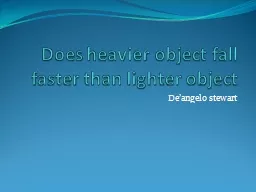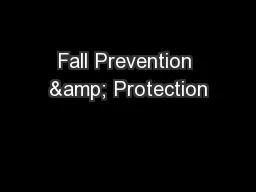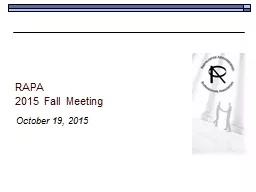PPT-WAPRO Conference - Fall
Author : hazel | Published Date : 2024-02-02
2021 Case Law Update Ramsey Ramerman City of Everett Sara Di Vittorio Snohomish County PUD Morgan Damerow Attorney Generals Office 2 We have organized and
Presentation Embed Code
Download Presentation
Download Presentation The PPT/PDF document "WAPRO Conference - Fall" is the property of its rightful owner. Permission is granted to download and print the materials on this website for personal, non-commercial use only, and to display it on your personal computer provided you do not modify the materials and that you retain all copyright notices contained in the materials. By downloading content from our website, you accept the terms of this agreement.
WAPRO Conference - Fall: Transcript
Download Rules Of Document
"WAPRO Conference - Fall"The content belongs to its owner. You may download and print it for personal use, without modification, and keep all copyright notices. By downloading, you agree to these terms.
Related Documents














